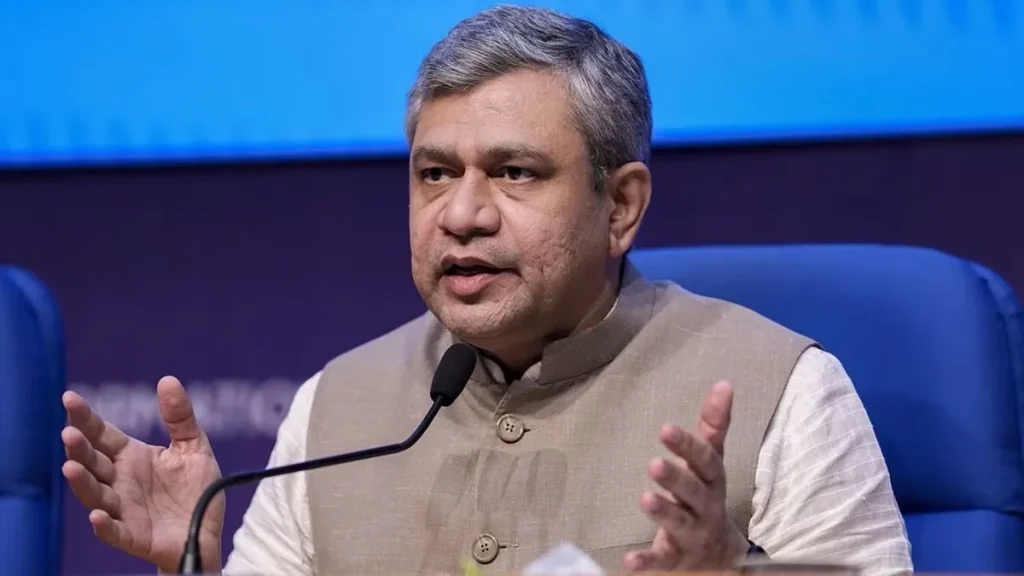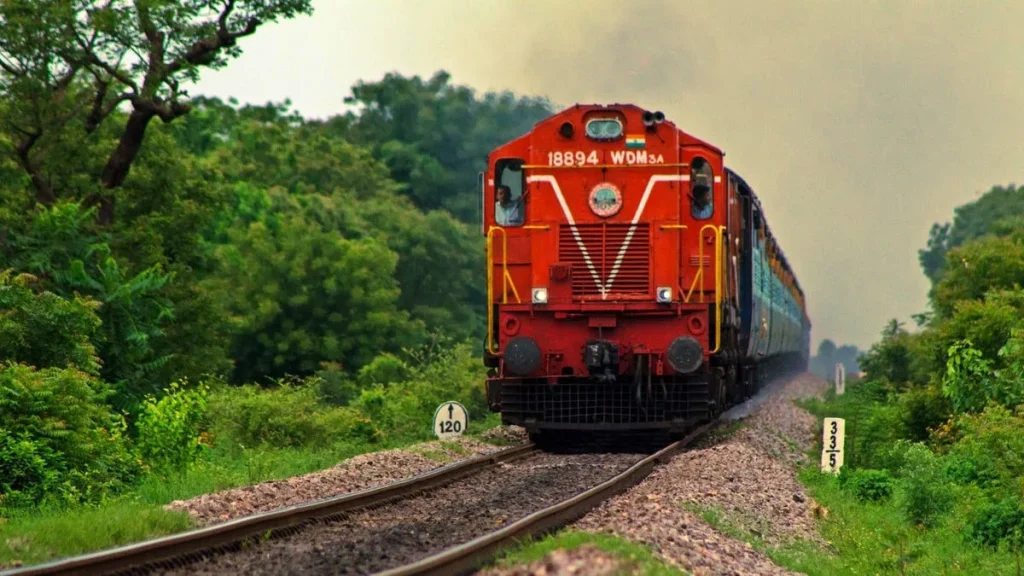The Indian government has significantly increased railway safety investments, allocating over ₹1.14 lakh crore per year to upgrade infrastructure, reduce accidents, and modernize the network. Railway Minister Ashwini Vaishnaw highlighted these efforts during the Rajya Sabha discussion on the Railways (Amendment) Bill 2024.

Sharp Decline in Railway Accidents
Vaishnaw stated that railway accidents have significantly decreased due to various safety measures. The number of incidents has dropped from 171 to just 30 per year. The government has focused on upgrading tracks, installing advanced safety devices, and addressing risks at level crossings. To enhance passenger and train safety, 9,000 unmanned level crossings have been either manned or replaced with underpasses or flyovers.
Approval of the Railways (Amendment) Bill 2024
The Rajya Sabha passed the Railways (Amendment) Bill 2024 through a voice vote, following its approval by the Lok Sabha in December 2023. The bill aims to strengthen railway management, improve operational efficiency, and ensure transparency in railway governance.
Increased Budget for Railway Development
The minister dismissed allegations of discrimination in railway budget allocations, stating that even non-BJP-ruled states received significant funding. For instance:
- Kerala received ₹3,000 crore, up from ₹372 crore under the previous UPA government.
- Tamil Nadu saw an increase from ₹870 crore to ₹6,626 crore.
- Odisha received ₹10,000 crore, compared to ₹800 crore earlier.
- West Bengal was allocated ₹13,955 crore, up from ₹4,380 crore.
Decentralization and Faster Project Execution
The government has empowered railway officials for quicker decision-making. General Managers (GMs) now have full authority to approve contracts, regardless of the amount, while projects under ₹50 crore can be sanctioned at the divisional level. This decentralization has led to faster execution of railway infrastructure projects.
Job Creation and Railway Modernization
Addressing employment concerns, Vaishnaw stated that the NDA government has created 5.02 lakh railway jobs, surpassing the 4.11 lakh jobs provided by the previous UPA government. He highlighted two recent recruitment exams, including one for Group D positions, where 1.26 crore candidates participated in a transparent, large-scale process.

The government has also electrified over 45,000 km of railway tracks, reducing pollution and dependence on fossil fuels. Additionally, more than 3.10 lakh toilets have been installed in railway coaches to improve passenger amenities.
Opposition Concerns and Government Response
Opposition leaders raised concerns about the bill leading to greater centralization and reducing state governments’ authority. However, Vaishnaw clarified that the amendments aim to improve efficiency, not centralize power. The bill also includes provisions for appointing an independent regulator to oversee issues like fare determination and ensure competitiveness.
The government’s increased investment in railway safety and infrastructure modernization aims to create a more efficient and secure railway system. With measures such as improved tracks, electrification, job creation, and budgetary expansions, the railway sector is undergoing significant transformation. Despite opposition concerns, the government remains committed to enhancing railway safety and efficiency for the future.
